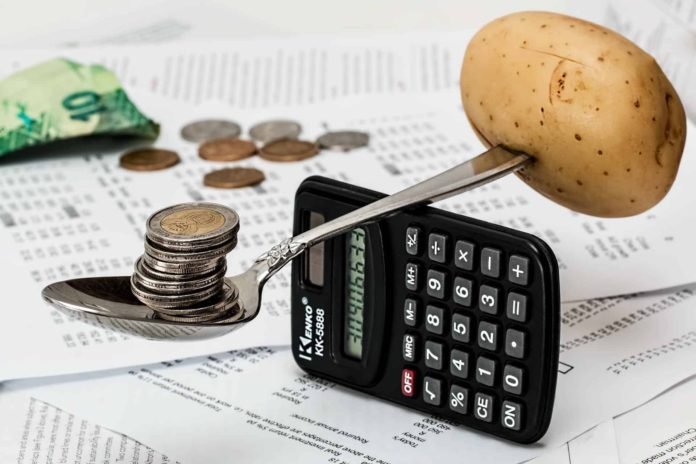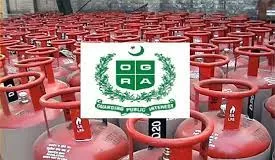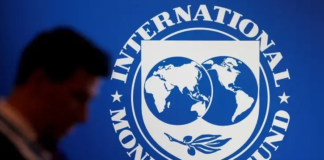According to data released on Friday by the Pakistan Bureau of Statistics (PBS), inflation as measured by the Sensitive Price Index (SPI) increased by 3.68 percent from the previous week, primarily as a result of the highest-ever increase in food prices.
There are many factors responsible for contribution to rise of inflation in Pakistan. The weekly inflation rate has increased at its highest rate since the base year was changed. At 3.38 percent, June 17 saw the second-highest increase in the SPI. In the week under review, the SPI experienced its highest-ever year-over-year growth of 37.67 percent.
The government dramatically raised the price of gasoline and diesel, which also helped to drive up food inflation.
Due to damage to standing crops brought on by the recent rains across the nation, vegetable prices are likely to remain high despite a lack of supply. Another element that contributed to the price spike was the significant increase in electricity tariff.
The government has already stated in the budget that it will phase in a petroleum development levy and reinstate the sales tax on petroleum products. The cost of diesel is anticipated to rise over the upcoming quarter as a result. Food prices will rise even more as a result of the expensive transportation costs.
In the budget documents, the government set a low annual inflation target of 11.5 percent for FY23.
The Federal Board of Revenue, which uses inflation as one of the metrics to collect additional tax from consumers, forecasts inflation at 12.8 percent. According to independent economists, annual inflation would be between 25 and 30 percent.
The dedicated National Price Monitoring Committee, which was chaired by the finance minister and represented the provinces through provincial chief secretaries, was disbanded shortly after the new government took office. To keep an eye on the costs of necessary food commodities, the committee meets every Monday.
According to the PBS data, the cost of 30 basic food items increased during the reviewed week compared to the week before.
Tomato prices increased by 17.53 percent, while those for lentils such as masoor, mash, gram, and moong decreased by 4.18 percent, 1.80 percent, 1.69 percent, and 1.21 percent, respectively. The cost of electricity was up 26.11 percent, LPG 7.02 percent, washing soap 2.34 percent, and energy saver 1.03 percent among non-food items.
The SPI increased by 3.27 percent for the lowest income group—those making under Rs17,732 per month—and by 3.54 percent for those making over Rs44,175 per month.
Diesel saw a year-over-year increase of 101.53 percent, pulse masoor 99.14 percent, petrol 94.15 percent, chicken 75.65 percent, cooking oil 5 liter 72.90 percent, mustard oil 72.45 percent, vegetable ghee 2.5 Kg 70.51 percent, onions 64.18 percent, washing soap 62.46 percent, pulse gram 55.28 percent, electricity 52.61 percent, men’s sponge chappal 52.21 percent, garlic 45.18 percent.






[…] Inflation Peaks in Pakistan […]